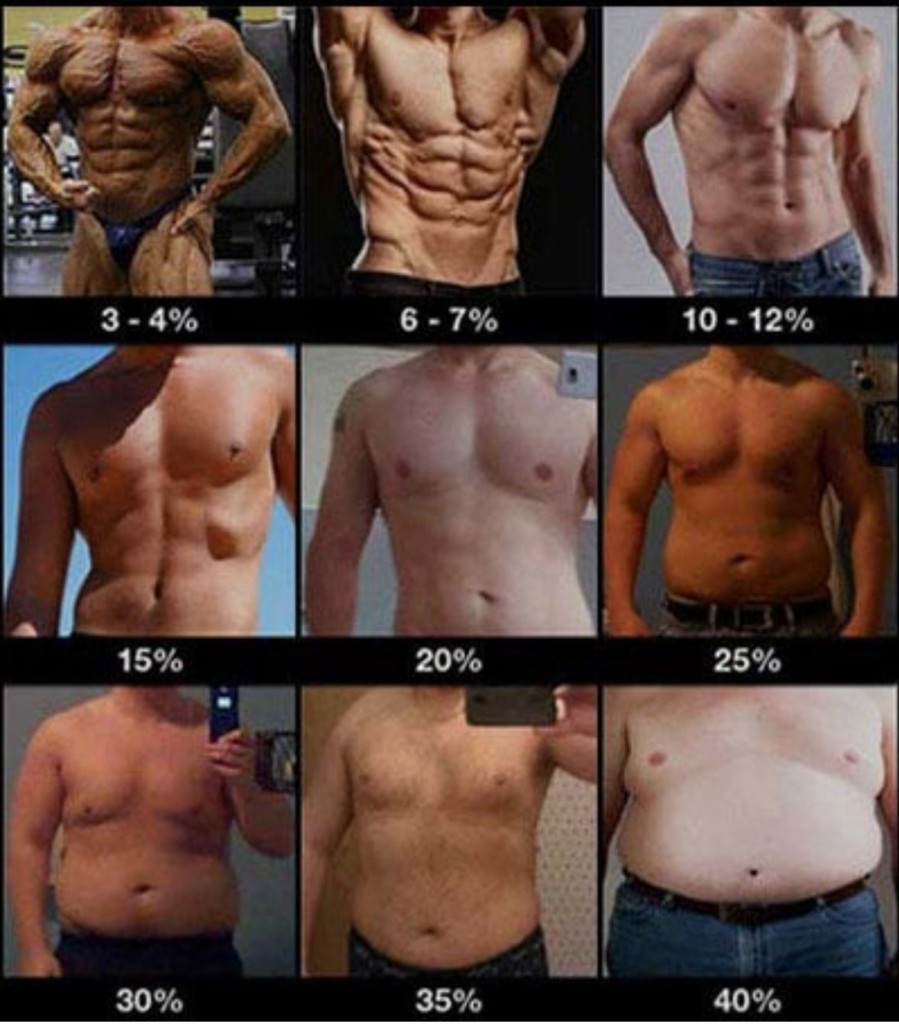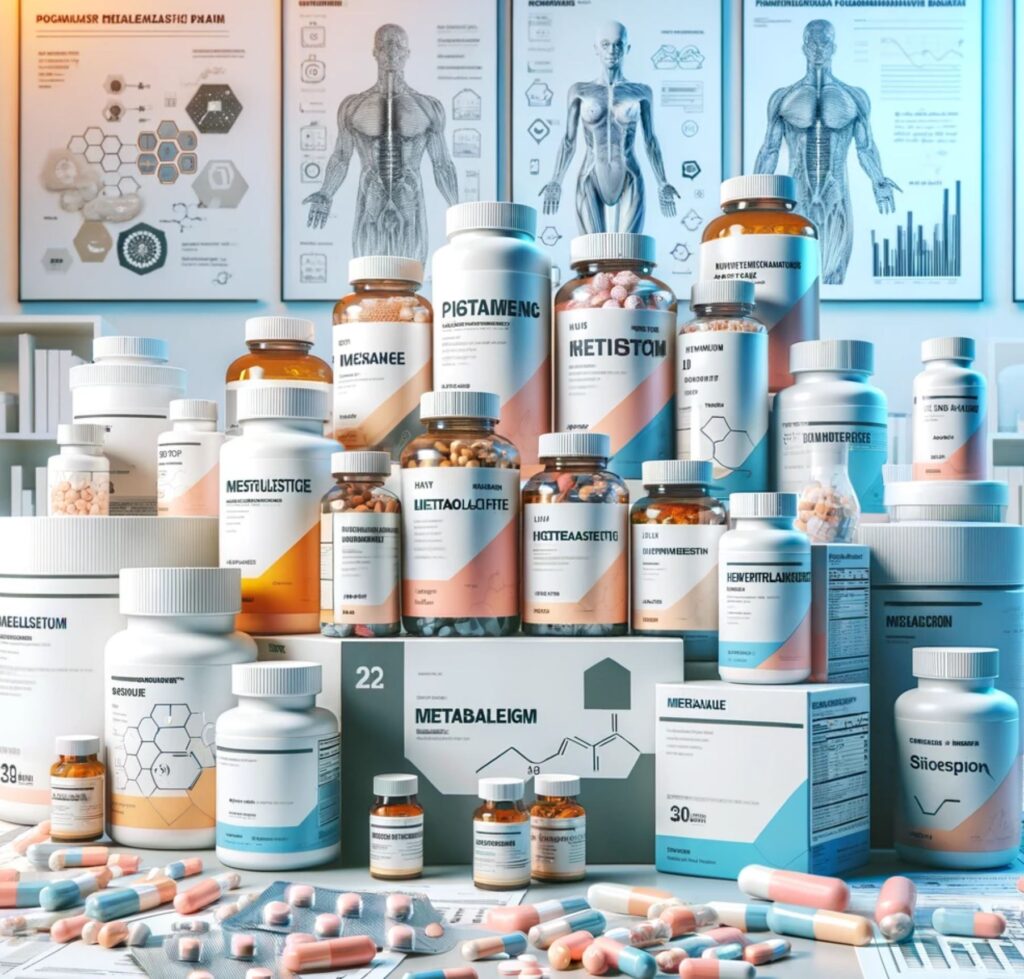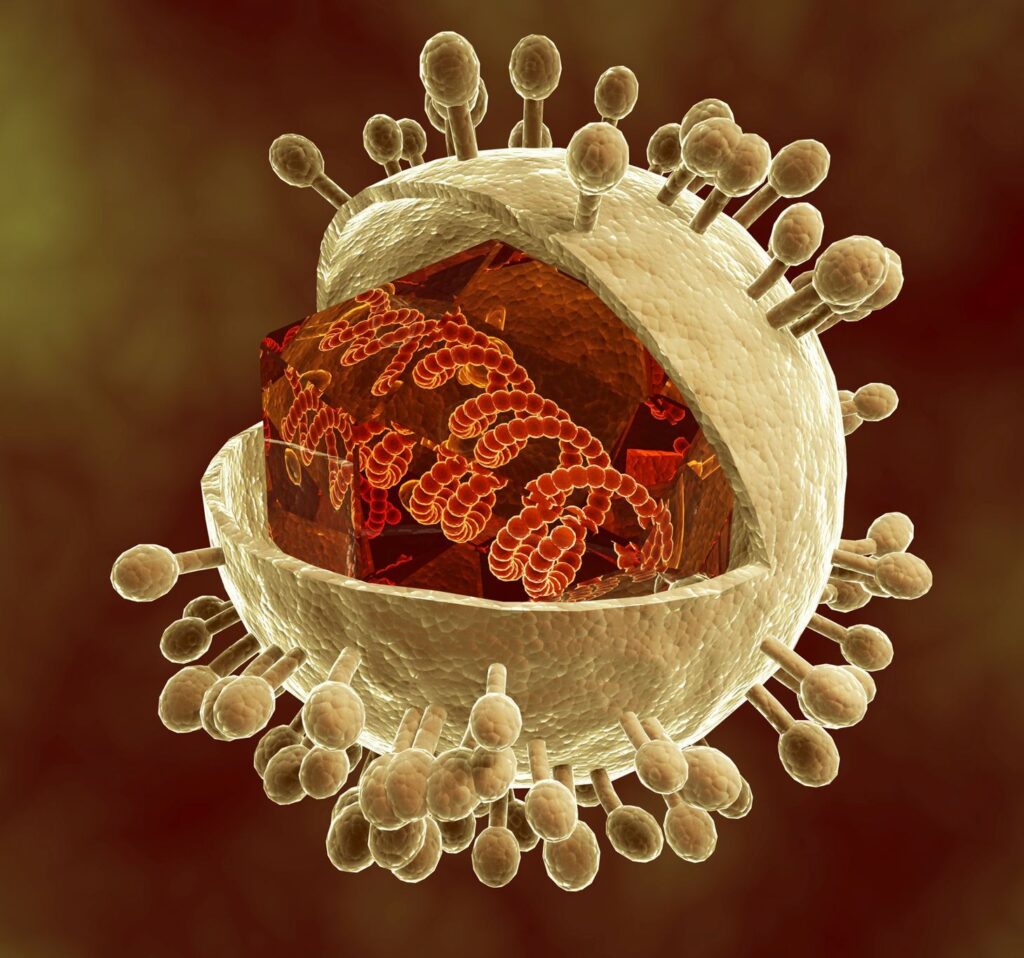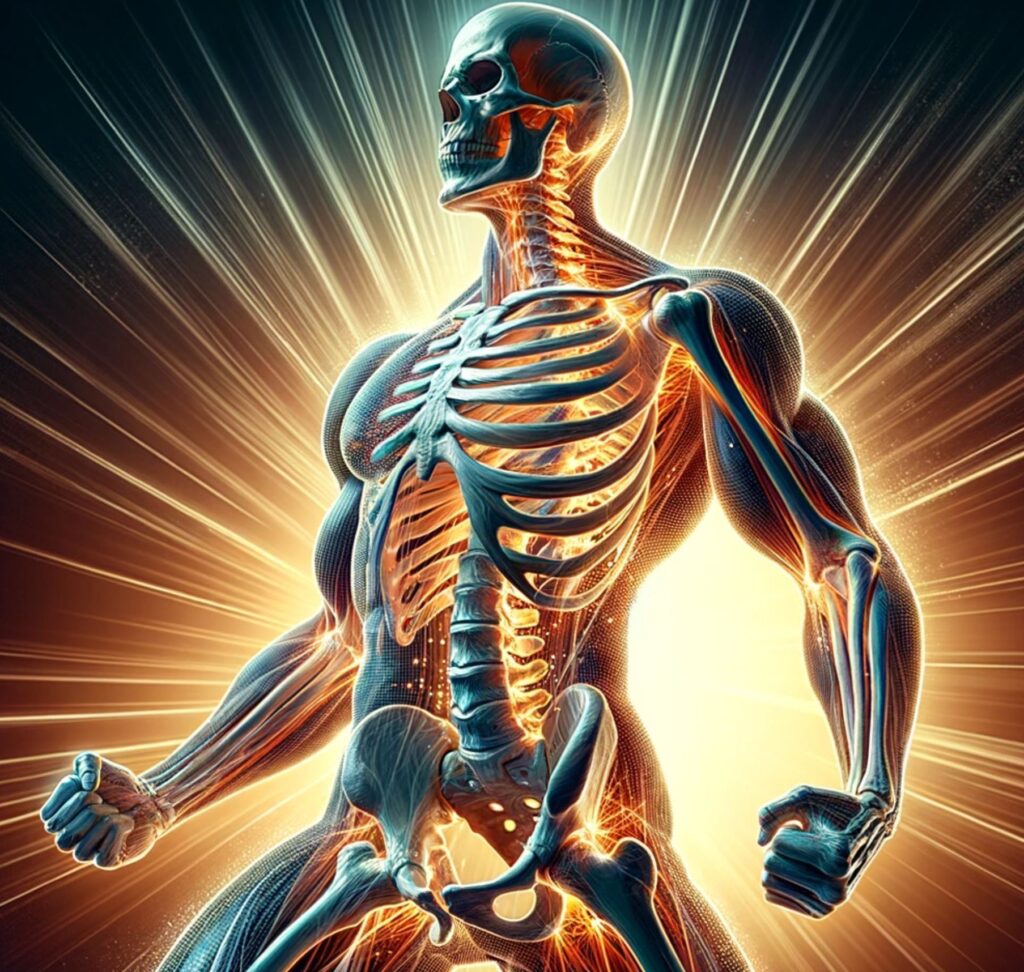In this article, I try to rank the most effective longevity strategies. Since controlled experiments are lacking, this ranking is based on a combination of available data, first-principle reasoning, and gut feeling. It is more likely than not that I am wrong on a number of things.

Very high value
All of the things in this category I deem extremely valuable for longevity (healthspan & lifespan). At first I will discuss the basics (diet, sleep, exercise), and then I will discuss more aggressive interventions that are presumably of a very favorable risk-reward ratio.p
Mental health, connection, purpose
Even though this sounds cliché, when mental or emotional health is bad, all of the other things do not matter. Furthermore, with bad mental health, it is just too easy to slip up in the lifestyle department, which is crucial for all things longevity-related.
Having meaningful relationships and a sense of purpose are both linked to longer health and lifespan even though the arrow of causality is not clear because more vital individuals are more likely to have better relationships and more likely to have a sense of purpose.
I discuss these in more detail here.
Exercise
Getting an adequate amount of exercise is essential for a number of things that are intricately linked with the aging process.

Four different kinds of exercise have independent benefits:
- Longish sessions of aerobic exercise (so-called “zone II” exercise) build aerobic endurance, which is the “base” of everything else. Training aerobic endurance has highly beneficial effects on metabolic health and brain health through a plethora of cross-interacting mechanisms.
- High-intensity cardiovascular exercise (so-called “VO2 max training”) induces a large number of molecular changes that favor a slow-aging phenotype (e.g., increased expression of uncoupling proteins). VO2 max (maximum rate of oxygen consumption attainable during physical exertion) is highly correlated with longevity.
- Resistance exercise, which builds strength and muscle mass (or at least maintains them), is important for metabolic health and structural integrity. Similar to VO2 max, strength is highly correlated with health span and lifespan.
- Mobility exercises train proprioception and also keep muscles and joints flexible, all of which are important for maintaining functionality and preventing falls in old age, which usually lead to a rapid decline in health.
Next to strategic exercise, it seems optimal to do a lot of casual movement (or strategic “exercise snacks”) throughout the day (e.g., talking walks).
Out of all the myriad beneficial effects of exercise (e.g., metabolic health, mitochondrial health, musculoskeletal integrity), I find the beneficial effects on both brain function and brain health the most valuable, given that my nervous system is the basis of my consciousness. In fact, exercise is probably among the most effective ways to counteract neurocognitive decline.
I discuss my exercise protocol in more detail here: My Physical Fitness Protocol
Sleep
Sleep is not only important for short-term brain function (attention, executive functions, memory, willpower) but also for long-term brain health. Furthermore, sleep deprivation worsens metabolic health and elevates levels of cortisol – both of which drive the aging process. Also, in a sleep-deprived state, metacognition and willpower are usually so poor that leading a healthy lifestyle becomes awfully hard.

I discuss my approach to sleep optimization in more detail here: How I Biohack My Sleep.
Diet
Going from a “bad” to a “decent” diet is presumably of very high value in terms of health and longevity. Most important levers:
- cutting out crap (i.e., highly processed food)
- titrating carbohydrate intake to leanness and activity levels
- getting an adequate caloric intake (too little is just as bad as too much)
- avoiding large amounts of sucrose and fructose – especially for metabolically unhealthy individuals
- getting enough micronutrients
However, I believe that going from a “good” diet to a “perfect” diet is of low value.
I discuss my own diet in more detail here: My Approach to Diet
Getting to a healthy level of body fat
Having a higher body fat is somewhat linearly correlated with low-level inflammation and poor metabolic health. For most people, it is almost impossible to be “healthy” if their body fat is above a certain percentage. I consider this to be above 25% for males and above 35% body fat for females (though, individuals vary).
While a lower level of body fat is, almost always, better for metabolic health, very few people can tolerate very low levels of body fat without having to fight a plethora of counteradaptations (e.g., lethargy, rigidity, hormonal issues, metabolic slowdown, fatigue), which are single-handedly mediated by the hormone leptin. I discuss my experience with pharmaceutical-grade leptin in more detail here.
I discuss body fat in more detail in the section on diet.

I discuss weight loss in more detail here: Why Weight Loss is Not About Calories In vs. Calories Out
Rapamycin
Many researchers speculate that rapamycin is presumably among the most potent geroprotective molecules currently available to mankind.
Cells can be either in “repair mode” or “growth mode” and the balance of these two modes is partially decided by a protein complex called mTOR. By inhibiting mTOR, rapamycin is a starvation mimetic that chemically mimics the positive life-extension and health-extension effects of caloric restriction.
Rapamycin, and other rapalogs, are thought to prevent (or at least delay) a number of age-related diseases, including atherosclerosis, obesity, neurodegeneration, osteoporosis, and retinopathy. Furthermore, rapamycin is thought to rejuvenate stem cells, reduce immunosenescence, and improve metabolic health. Rapamycin presumably also has potent and widespread anti-cancer benefits.
In the ITP, rapamycin increases the lifespan of male mice by 15%, by itself and by 29% if combined with acarbose. It is hard to overstate what a gain this represents. For example, if all cancers & heart attacks & strokes were eliminated today, the median increase in human lifespan would be only about 10%.

I discuss rapamycin, and my experience with it, in more detail here: My Experience With Rapamycin
Hormone optimization
Hormones are crucially important for the structure and function of organs, tissues, and mind and whenever one of the “master control” hormones is off (thyroid, sex hormones, cortisol, GH/IGF1, leptin), many aspects of the body & mind start to suffer. Furthermore, if one of the major hormones is off, everything else becomes a lot harder as they have a major effect on well-being, energy levels, mood, motivation, and general health.

Hormone deficiencies are also (causally) related to a number of age-related conditions, including obesity, diabetes, hypertension, depression, chronic fatigue, osteoporosis, and neurodegeneration.
In my opinion, replacing what is missing is just as unnatural as it is to live beyond the age of 40 in the first place. Furthermore, hormone replacement therapy is presumably also “better” than the pharmaceutical approaches of the current sick care system for taking a separate drug for each individual sign and symptom.
Hormones are a huge topic. I discuss hormones in more detail here: The Life-changing Power of Hormones
Metabolic drugs
Metabolic health is at the center of chronic disease and aging. Metabolic enhancers are powerful drugs to change certain aspects of metabolism, including but not limited to insulin regulation. While these are not “necessary”, they can be highly helpful (particularly for metabolically unhealthy individuals). Obviously, the more metabolically sick someone is, the more powerful these drugs tend to be.
I discuss metabolic drugs, including GLP-1 agonists, SGLT-2 inhibitors, metformin, acarbose, and allopurinol in more detail here: My Experience With Metabolic Drugs

I particularly want to single out SGLT-2 inhibitors. SGLT-2 inhibitors are among the most organ-protective substances known to mankind. In fact, they are frequently prescribed for kidney or heart failure even if the patient is not diabetic and they are thought to prolong organ health and function for quite a bit. For example, they are known to delay the time to dialysis for kidney disease patients by over a decade. Similar things hold for heart failure.
They are also thought to promote the health and function of a number of other organs, including the brain. Furthermore, SGLT-2 inhibitors reduce cancer incidence. In the intervention testing program, canagliflozin prolonged the lifespan of genetically heterogeneous male mice by a whopping 14%.
Getting blood pressure in order
High blood pressure is a silent killer: It drives cardiovascular disease (including its consequences), neurodegenerative disease, and kidney disease. Out of all of the Framingham factors (hypertension, smoking, hyperglycemia, dyslipidemia, obesity), hypertension is the deadliest – estimated to be responsible for about 8 Mio. deaths per year (15% of all deaths). For every 10mmHg reduction in RR, the risk for cardiovascular events drops by 45% (data derived from Mendelian randomization).
If my blood pressure were high, I would use the angiotensin-receptor-blocker (ARB) telmisartan, which also has a favorable effect on metabolic health due to its affinity for the PPAR delta receptor (a metabolic master control switch in skeletal muscle).
Reducing blood lipids
Lipoprotein particles are the causative agent of atherosclerosis (“necessary but not sufficient”). The most relevant lipoprotein is LDL, which is best measured by an ApoB blood test. Cardiovascular disease kills about 50% of people in the modern world. Furthermore, a compromised cardiovascular system leads to poor organ health resulting in kidney disease, dementia, erectile dysfunction, and hypoperfusion of a host of bodily tissues.
If one desires to live a long and healthy life, lipid levels must be in order. For every 40mg/dl reduction in LDL, the risk of CV events drops by 55% (Mendelian randomization data). Similarly, a reduction of 25mg/dl LDL + a reduction of 5mmHg RR reduces the risk by 55% as well.
Fortunately, there are a large number of great lipid-lowering agents, which in most cases, are much superior to lifestyle changes. Most people respond well to a very low dose of rosuvastatin (2.5-5mg) in combination with ezetimibe. This combination is probably the best bang for the buck. Other lipid-lowering agents worth mentioning are bempedoic acid and PCSK9 inhibitors, both of which are quite powerful, have few to no adverse effects, but are expensive.
Furthermore, lp(a) levels highly correlate with heart disease and is the most common cause for early heart attacks. As of now there are no drugs other than PCSK9 inhibitors that can lower lp(a) significantly. Fortunately, a host of various lp(a)-lowering therapies are currently in Phase III of clinical development, including a once-in-a-lifetime CRISPR gene therapy.
Subscribe to the Desmolysium newsletter and get access to three exclusive articles!
High value
While not as valuable as the items in the category above, in my opinion, the following things are of high value for improving health span and lifespan.
Getting a genetic test
Getting a genetic test done can be quite helpful because it allows for early intervention in case of known deleterious genes. Most importantly, these genes include the APO E phenotype (discussed in more detail here), which is highly associated with the incidence of dementia.
I discuss the findings and practical takeaways of my own genetic test in more detail here: What Genetic Tests Told Me About My Longevity

Senolytics
I tentatively put senolytics in the high-value category, however, I am quite unsure. Could be very high value, could be low value, could even be detrimental. Regardless, as of now, it seems that intermittently clearing an aging organism of senescent cells (likely) has a variety of benefits for the overall functioning of the organism, especially at older ages.
Simplistically speaking, senescent cells are dysfunctional cells that take up valuable space and promote tissue-level inflammation. Possibly, they also induce other cells to become senescent.
Several classes of such senolytic drugs have been identified, including BCL protein family inhibitors (regulators of apoptosis), kinase inhibitors (growth factors), heat shock protein 90 inhibitors, and inhibitors of the p53–MDM2 interaction.

Dasatinib, a tyrosine receptor kinase inhibitor, is the most researched senolytic agent currently available – however, there will be more and different ones in the coming years. I discuss my experience with senolytic agents in more detail here: My Experience With Senolytic Drugs
Monitoring health markers
Monitoring metabolic health markers gives real-time feedback on what is or isn’t working and provides a way to know when to intervene accordingly. I personally monitor a set of hematological, hepatic, renal, metabolic, immune, and hormonal parameters by doing extensive blood work four times per year. I also keep an eye on my vital signs and measure my blood glucose via a CGM. I discuss the specific parameters I test for in more detail here.
Some nutritional supplements
The ones I routinely recommend to family & friends include fish oil, magnesium, L-methyl folate, vitamin D, glycine, and potentially an injectable vitamin B12.
I discuss these supplements in more detail here: Supplements I Take
Cancer monitoring
Depending on one’s age, cancer monitoring can be of quite high value (e.g., colonoscopy, prostate screening, mammography). I am quite young. Therefore, all the cancer monitoring I currently do (testing for a set of plasmatic tumor markers once per year + a full-body MRI every couple of years) is presumably of low value.
Given that the world as we know it still exists in 20 years, I suspect that liquid biopsies, which test for free-floating cancerous DNA and potentially metabolomic and proteomic profiles, will hopefully be widely available and are going to be routinely done via a simple blood test.
Avoiding cytomegaly virus (CMV)
The cytomegaly virus (a certain type of herpes virus) is poorly coevolved with humans. In people who are infected (depending on the geographic location about 20-50%), it is continuously trying to break out and it is estimated that about 30-50% of the human adaptive immune system is busy fighting CMV in their later years. This constant immune activity targeted at CMV accelerates immunosenescence and causes low-level inflammation, presumably shortening the lifespan & health span by a couple of years. Furthermore, CMV (and other herpes viruses) are associated with neurodegeneration and dementia.

I am still negative for the cytomegaly herpes virus (CMV), and I want to keep it that way. Before dates, I take 1g of valacyclovir (in case we kiss or have sex) which may offer some (slight) protection (and definitely offers protection against HSV-II, which is associated with dementia).
Interestingly, rapamycin is also known to reduce the risk of infection with CMV because it prevents clonal expansion of infected cells. Hopefully, humanity has a safe vaccine available soon because I am eager to get it.
Subscribe to the Desmolysium newsletter and get access to three exclusive articles!
Medium value
In my opinion, the things below are of medium value for longevity and they may be able to move the needle slightly.
Supplements
Most supplements are presumably of little value. Other than the ones mentioned above, the ones that may have some value for prolonging health span include creatine, beta-alanine, taurine, and n-acetyl-cysteine. I personally take a lot of supplements, and I am quite sure that many, if not most, of them are a waste of money. Unfortunately, I do not know which ones. I discuss the supplements I take, and why I take them, in detail here: Supplements I Take And Why I Take Them
Prevention-oriented drugs
It is hard to say what “prevention-oriented” drugs are because they depend on the individuals. I personally have experimented with a couple of them but the only one I still take is allopurinol because my levels of uric acid are naturally quite high, which is associated with hypertension, insulin resistance, and low-level inflammation.
I specifically decided against using aspirin (prolongation of bleeding time), statins (my ApoB is naturally below the reference range), and PDE5 inhibitors (risk for tinnitus and hearing impairment).
Fasting
Fasting is associated with a lot of health benefits. Fasting may be particularly helpful for metabolically ill individuals and may be a great way to become metabolically healthy. For me personally, though, fasting has presumably done more harm than good. I discuss this in more detail here: Why I Stopped Intermittent Fasting and here: How Multi-day Fasting Has Harmed Me

Herpes antivirals
Most humans are infected with two to five herpes viruses, which are as of yet unclearable from the human body because they are retroviruses that reverse-transcribe (integrate) into the genome. Unfortunately, as discussed in the case of CMV above, many of these viruses are on a continuous quest to “break out” of their latent phase. Being infected is associated with a host of conditions, including progressive neurodegeneration.
For this reason, a good friend uses 500mg of valacyclovir daily (and plans on being on it indefinitely) aiming to keep his load of herpes viruses low and to prevent constant reinfection of yet uninfected cells. Whether the upsides of taking valacyclovir (which is presumably the safest herpes antiviral but unfortunately also the least specific for CMV) outweigh the risks is currently unknown, though according to the currently available literature valacyclovir’s safety profile seems to be quite good.
Heat exposure (sauna)
Sauna use mimics moderate physical activity and benefits include an improvement in blood flow, heart rate variability, blood pressure, other aspects of cardiovascular health, and possibly a reduction of all-cause mortality. Sauna use also leads to an upregulation in heat shock proteins, though the benefits of this are debated.
In my opinion, most of the benefits (and more) can likely also be got from aerobic exercise and therefore sauna use has an opportunity cost associated with it (namely, the time spent doing aerobic exercise). I tentatively included it in the ”medium value” category because I am unsure about the value of intermittently increasing heat-shock protein expression. I discuss heat & cold exposure in more detail here.
Antioxidants
I am still not sure how valuable antioxidants are. They are great on paper but probably not overly valuable in real life (and possibly even detrimental if overdone) because firstly, cellular redox status is highly regulated, and secondly, ROS leak is involved in a number of physiological cellular signaling mechanisms.
I personally take a combination of low doses of different antioxidants, including coenzyme Q10 (60mg), vitamin C (250mg), alpha-lipoic acid (100mg), and n-acetyl cysteine (300mg). I am not sure about the benefits vs. harms of this, though my intuition is that at the doses listed, these supplements are quite safe to take indefinitely. I discuss the science behind these antioxidants in more detail here.
Of note, asteaxanthin, a potent antioxidant accounting for the color of flamingos and salmon, is the only supplement that ever passed the ITP, extending the lifespan of genetically heterogenous mice by roughly 10%.
MAO-B inhibition
Compared to adults, children appear hypomanic at baseline. They are emotional, have great energy, are curious, and act impulsively. This is thought to be in part due to their high dopaminergic tone. As they get older, they get less curious and enthusiastic. This may not be exclusively due to them being tortured by archaic education systems, but may also be in part because dopamine levels progressively decline.
In fact, of the about 85 billion or so neurons, only a mere 400-500 thousand neurons manufacture dopamine (the actual count varies between individuals), and approximately 5-10% of these neurons are lost per decade.
Dopamine is critical to approach behaviors of all kinds and to the capacity to switch from one behavior to another. Dopamine is one of the primary (biological) determinants of how excited someone is, how motivated, and how ready one is to push through things to get what he wants.
Catecholaminergic neurons (neurons that produce dopamine and noradrenaline) are among the first to degenerate -mainly because of hydroxyl radicals (toxic oxidative byproducts) produced by the MAO-B metabolism of dopamine. This progressive and relentless die-off can be slowed drastically by MAO-B inhibition. MAO-B inhibitors are drugs used for Parkinson disease but they have been found to be neuroprotective in healthy people as well. Therefore, once I hit 40 I plan on taking a very low dose of rasagiline, an irreversible inhibitor of MAO-B.
I discuss dopamine in more detail here: An Introduction to Neurotransmitters

Furthermore, the heightened levels of dopamine also help with willpower and drive, both of which are essential for leading a healthy lifestyle. I discuss my experience with rasagiline in more detail here.
Developing “super bones” with teriparatide
People shrink with age and their spine is subject to microfractures, causing back pain and functional impairment. Furthermore, after a femoral neck fracture (which is by no means rare), all-cause mortality rises by 500-1000% (even higher in frail individuals with comorbidities) during the first year and often remains close to double for life. Furthermore, given that mobility will be somewhat impaired forever (as old people have a hard time regaining muscles) this leads to a huge impairment in quality of life, for example, a reduction in walks, less social interactions, and a lesser ability to exercise. Which then leads to all sorts of secondary and tertiary consequences.
I worked with a university osteologist before and I asked him what he would do himself if he himself had osteoporosis. His response: 1) Take teriparatide for 2 years. 2) Do a single infusion of zoledronic acid (or oral alendronate for a couple of months) to prevent some bone loss as after teriparatide the bone is in a state of increased remodeling resulting in a rapid loss upon cessation of teriparatide – bisphosphonates prevent this state of heightened remodeling/bone loss.
Teriparatide is a synthetic analog of parathyroid hormone (PTH), which is important for regulating plasma calcium levels and bone metabolism. Continuously high levels of PTH are catabolic to bone but intermittently high levels (e.g., given once daily), PTH has potent osteoanabolic effects. In fact, PTH-analogs are the most potent bone-building molecules currently available.
Given that bone mass degenerates with age, often leading to fractures that eventually result in inactivity and sarcopenia, it makes sense to boost bone mass using teriparatide at least once after a certain age (e.g., 50 years).
If every person did this after hitting age 50 or 55 I am sure that we would slash fracture rate by a decent amount.
I know a couple of people who used it – including myself. Other than some lethargy after injection initially (just use it at night!) nobody had any side effects. What are the risks? A tiny uptick in osteosarcoma barely worth mentioning – particularly if people only use it for 2 years. In numbers, the Forteo Patient Registry tracked about 100.000 patients and found only 5 confirmed cases of osteosarcoma which is barely higher than the general population (about 3-4 per million).

I personally used teriparatide after I dislocated my left shoulder during ice skating. It turns out that teriparatide has chondroregenerative properties as well and seems to counteract the development of posttraumatic arthritis. Whether it worked or not is hard to say but it surely did not hurt. After getting Bankart repair (labral surgery) I continued to use teriparatide to help with labral reinsertion.
17-alpha estradiol
17-alpha estradiol is the natural optical isomer of 17-beta-estradiol (the major form of human estrogen). 17-alpha-estradiol is less active than the beta version, displaying 100-fold lower estrogenic activity at the estrogen receptor beta (ERb) and alpha (ERa), therefore being far less feminizing. However, it seems to activate the ER-X receptor with a greater potency than 17-beta estradiol. The ER-X receptor is highly expressed in the human brain.
In the intervention testing program (ITP), 17-a-estradiol increased the lifespan of genetically heterogeneous male mice by 12%, which is fascinating even though unexpected. Interestingly, it does not work if the male mice are castrated and neither does it work in female mice.
Current approaches to regenerative medicine
No matter what I do, aging will take its toll. Currently, there are few useful regenerative medicine technologies available and currently used interventions are often more hype than science. The things that are available now, such as stem cell injections or platelet-rich plasma therapies for healing injuries, are probably of only medium value.
However, there are various very exciting technologies heading our way that may one day be of very high value. I briefly touch on what is coming here: The Exciting Future of Longevity Medicine
Subscribe to the Desmolysium newsletter and get access to three exclusive articles!
Low value
The following items might have some decent value, though, in my opinion, less than the things mentioned above.
Metal chelating agents
Like antioxidants, I am unsure about the usefulness of (purported) metal chelators such as alpha-lipoic acid, taurine, N-acetylcysteine, and beta-alanine. As of now, I feel more comfortable taking them than not taking them.
I personally would not dare doing more aggressive metal-chelating treatments (e.g., EDTA) because of the risk of redistributing some of the heavy metals to the brain as they are liberated from other organs, particularly bones.
Avoidance of environmental toxins
I believe that for me, a non-smoker living in a central European country, the value of going out of my way to avoid environmental toxins is fairly low because, as far as I can tell, the EU does quite a good regulatory job in that regard. This may be different in most other parts of the world.
I am unsure of the potential negative consequences of glyphosate and other pesticides but they are probably far less of a concern than what the media makes them out to be.

Obviously, if toxin exposure were an issue (e.g., bad air quality, bad water quality, smoking, lead exposure, etc.), getting this straightened out would be of high value.
Minimizing bacterial infections
I believe that trying to avoid bacterial infections by excessive sterility does more harm than good (in a non-hospital setting). I discuss this in more detail here: My Protocol for Avoiding Toxins and Minimizing Infections.
Cold exposure
While cold exposure increases catecholamine levels (and is therefore a great coffee replacement that indirectly improves sleep) and potentially activates brown fat tissue to a relatively minor degree, I find the value of cold exposure in terms of longevity negligible (especially compared to the other things on the list).
In my opinion, the greatest value of cold exposure in terms of longevity is that it helps to build willpower, which is crucial to everything else. I discuss the long-term consequences of having been a cold shower addict in more detail here: Long-term Side Effects From My Addiction to Cold Showers
Peptides
It seems that nowadays a lot of people are into peptides such as TB500, BCP157, dihexa, cerebrolysin, epitalon, growth hormone secretagogues, etc. While some of them might be safe and might have benefits, we do not know which ones.
While they may sound “cool”, I personally believe that most of them are close to worthless and on the placebo level. However, they make an easy sell to people who do not have access to powerful evidence-based molecules (i.e., pharmaceuticals).
Regardless of whether they work or not, when it comes to peptides, there is little to no human safety data (especially on long-term administration). Furthermore, most peptides are usually manufactured by non-regulated manufacturers, and “white powders from the internet” are suspicious by default, especially if they are intended for injection.
Anecdote time. Once I sprained both of my ankles at the same time. I decided to inject TB500 and BCP157, which are two peptides commonly used for “healing like wolverine”. I bought them from a “reputable” online seller – whatever that means. However, “for science”, I injected them into only one of the injured ankles for two weeks. I have not noticed any difference in recovery time whatsoever.
Resveratrol & NAD+/NMN
If there was a “no-value” category, these would probably belong there. While both of these are most likely low-risk (with the possible exception of NAD-precursors potentially promoting tumor progression), in my opinion, their benefit is negligible.
One could argue that these are even detrimental because they have an opportunity cost associated with them. People lose time & money, and believe that they are doing “extremely powerful” anti-aging interventions, which may distract them from other more conducive health-promoting endeavors.
I am unsure whether their promotion is due to ignorance & incompetence or whether their promoters knowingly commit scientifically corroborated fraud for personal financial gain.

Sources & further information
- Podcast: Peter Attia & Richard Miller: The gold standard for testing longevity drugs: the Interventions Testing Program
- Scientific article: Aging and Age-related Diseases: From Mechanisms to Therapeutic Strategies
- Scientific article: Principles of the Molecular and Cellular Mechanisms of Aging
Disclaimer: The content available on this website is based on the author’s individual research, opinions, and personal experiences. It is intended solely for informational and entertainment purposes and does not constitute medical advice. The author does not endorse the use of supplements, pharmaceutical drugs, or hormones without the direct oversight of a qualified physician. People should never disregard professional medical advice or delay in seeking it because of something they have read on the internet.
